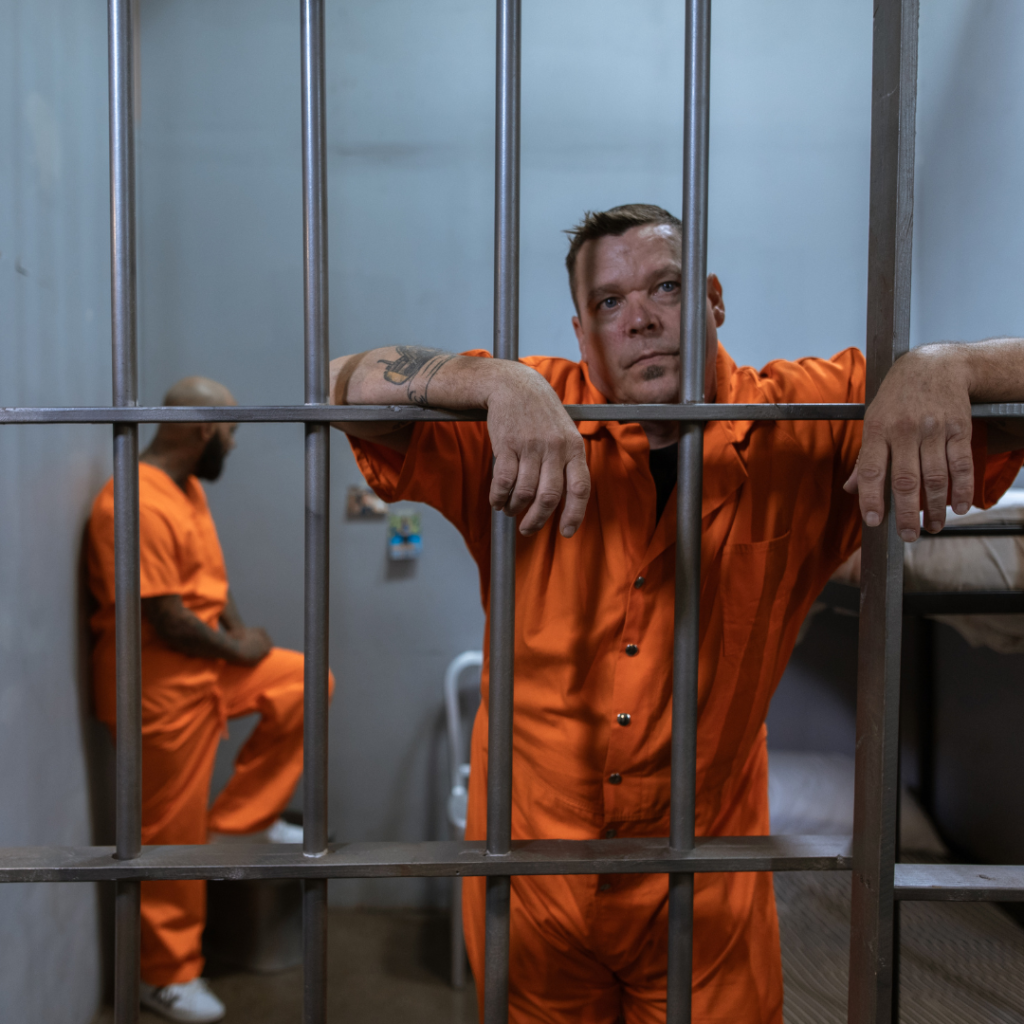Welcome to the twisted world of drug policy, where the impact on society has been a never-ending, despite a rollercoaster of debates and confusion. But fear not, fellow adventurers, for we are here to explore the wild advantages of decriminalization. Strap yourselves in, because this ride is backed by experts and loaded with mind-bending statistics that will leave you questioning everything.
Advantages of Decriminalization:
1:Shifting Focus from Punishment to Public Health:
Decriminalization understands that addiction is not a criminal offense—it’s a public health issue. Let’s face it, folks, treating addiction as a medical issue makes more sense than treating it like a sin. Those puritans have good intentions but hard hearts. According to the National Institute on Drug Abuse (NIDA), addiction has a 40-60% relapse rate, similar to the struggle diabetics face with their sugar obsession. So why not focus on helping rather than punishing?
2: Reducing Mass Incarceration:

Picture this: overcrowded prisons, marginalized communities feeling the brunt, and lives wasted behind bars. It’s a damn shame, isn’t it? According to the American Civil Liberties Union (ACLU), over 1.25 million arrests each year in the United States are for drug possession. That’s a hell of a lot of people paying the price for a personal choice or allowing others to make their choice. Decriminalization would redirect resources from locking folks up to preventing harm, by guaranteeing quality which is a major source of Harm. In the case of the 10% of users who have issues with drug abuse, for treating, and rehabilitating them.
3: Minimizing Drug-Related Violence:
When the illicit drug trade enters the picture, violence usually tags along like a bad trip gone wrong. Criminal organizations fight tooth and nail for control of the mountains of cash that recreational drug sales provide, and the innocent suffer the consequences. But here’s an eye-opener: after Portugal decriminalized drugs in 2001, a study published in the British Journal of Criminology found that drug-related homicides and HIV infection rates among drug users took a nosedive. Follow the science, not superstition!
4: Promoting Harm Reduction:
Imagine a world where harm reduction takes center stage. Instead of preaching doom and gloom, we’d focus on minimizing the damage caused by drug use. Needle exchange programs, for example, have been shown to reduce the transmission of blood-borne Diseases Like HIV and hepatitis C. According to the CDC, they’ve slashed new HIV cases among people who inject drugs in the United States by a staggering 50%. Now that’s what I call a game-changer.
5: Fostering Research and Education:
Decriminalization opens the doors to a whole new realm of research and education. No more tiptoeing around the truth. By removing legal barriers and stigma, experts can dive deep into the effects, benefits, and risks of different substances. The Global Commission on Drug Policy has shown that decriminalization leads to better health outcomes, reduced drug-related harms, and increased access to treatment. It’s time to enlighten ourselves with knowledge, my friends.

Conclusion:
In the realm of drug policy, decriminalization emerges as a brave warrior, battling against archaic systems. It’s time to shift our focus from punishment to public health, reduce mass incarceration, and kick drug-related violence to the curb. Control the income stream and supply chain and stop throwing good money after bad on enforcement of a failed century old puritan prohibition. Drug use is not drug abuse, but like anything, some people either out of lack of knowledge or despair, will abuse drugs, less than one in ten. With harm reduction strategies and the sharing of knowledge, we can revolutionize drug policy like a bat out of hell. So let’s embrace the madness, armed with statistics and the wisdom “Buy the ticket, take the ride.”
Disclaimer: The mind-bending views expressed in this article are backed by experts and sources prohibition is based on ignorance and prejudice. Drug policy decisions should be approached with a mixture of open mindedness, comprehensive research, and a sprinkle of common sense. Remember, fellow adventurers, we’re in this together, so let’s embark on this drug policy revolution with a hint of fear and a whole lot of curiosity.

0 Comments